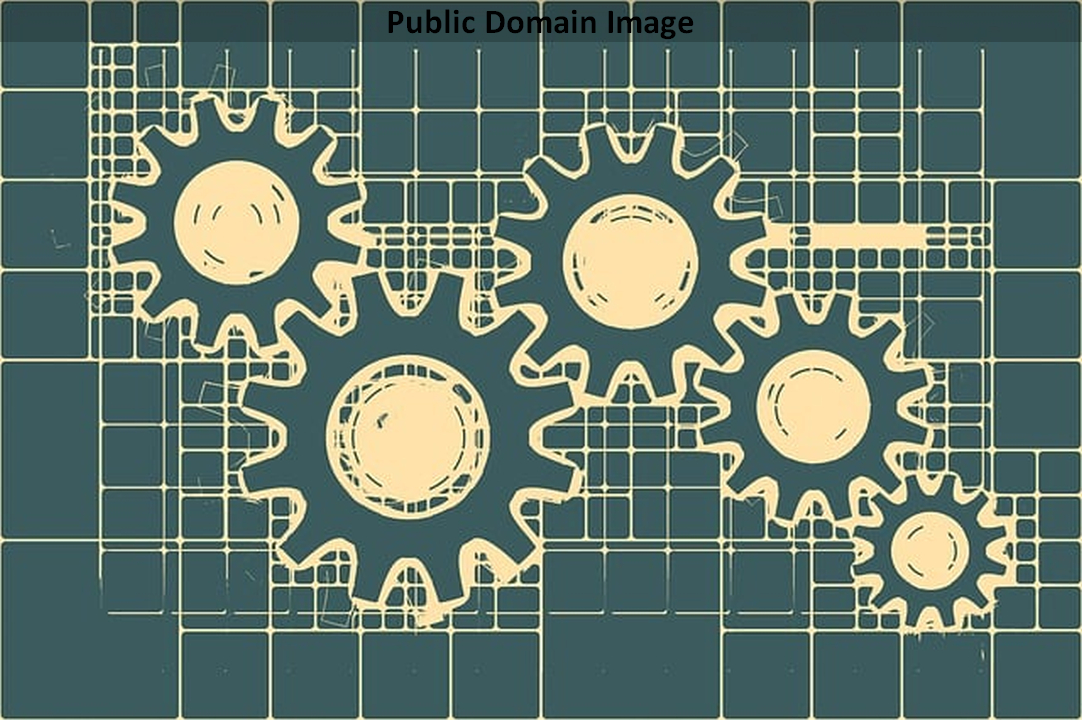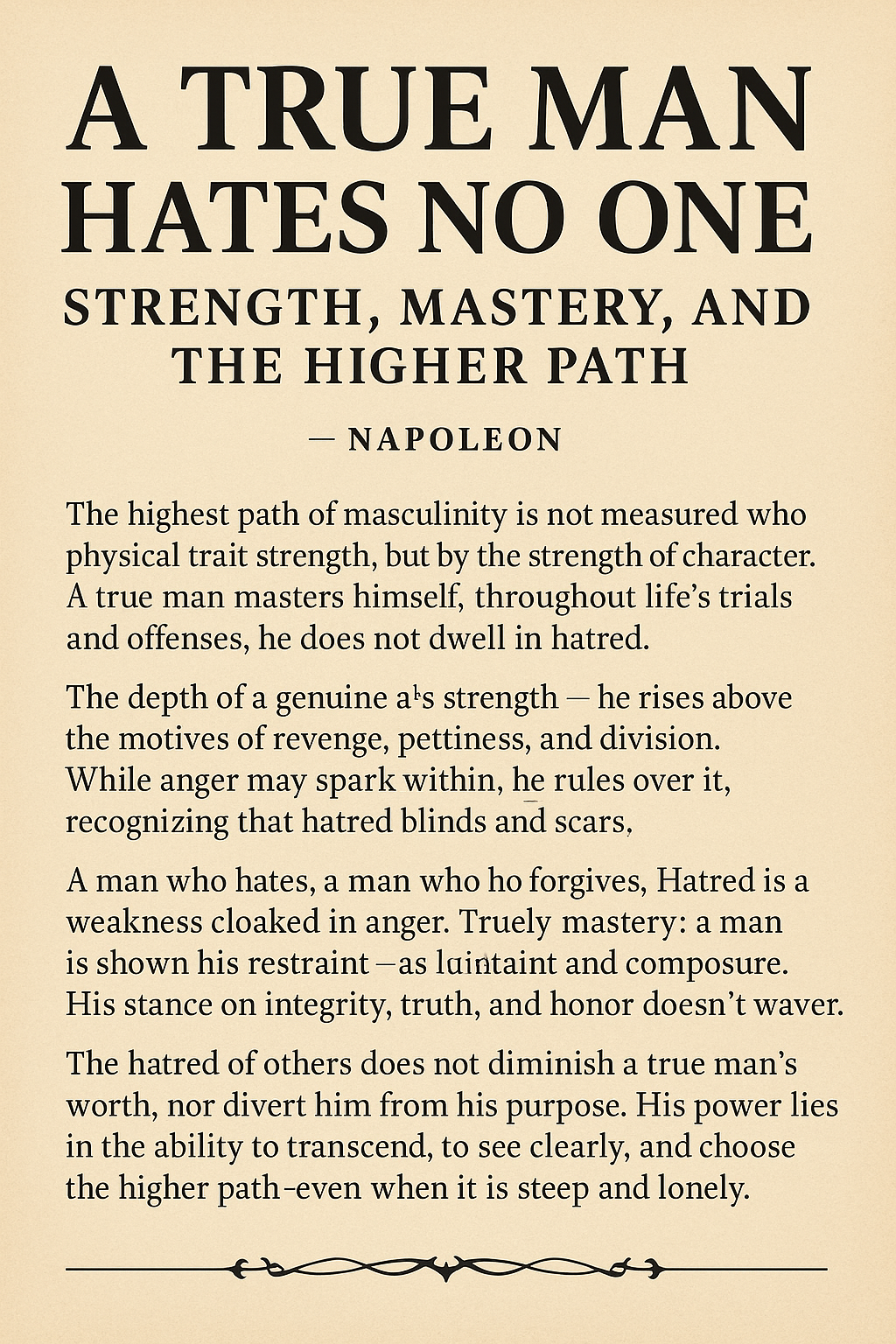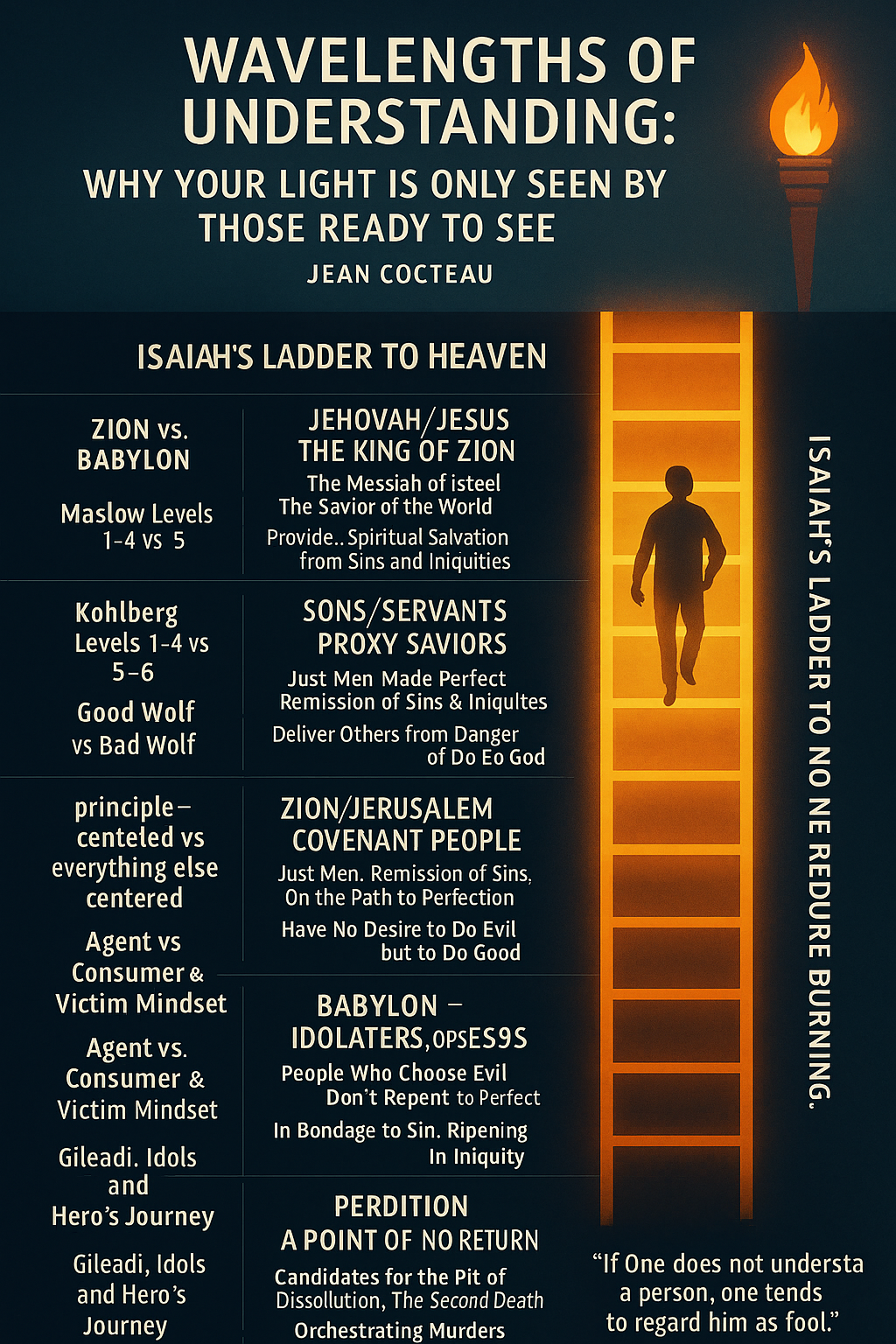Arguably the best form of government is that of rule by a righteous king. By simply having all the powers of execution, legislation, and justice combined in one, a righteous King is able to quickly pass good laws, give quick dispatch to enforcing those laws, protect the nation against enemies, domestic and foreign, and give righteous judgement where justice is needed. Few would argue that such a government is not effective and efficient in protecting its citizens in the enjoyment of their freedom. Charles Pinckney, Founding Father from South Carolina, described the advantages of such a government in a speech given during South Carolina’s ratification process, as:
unity of council, decision, secrecy and dispatch; the military strength and energy resulting from these qualities of government; the exclusion of popular and aristocratical contentions, the preventing by a known rule of succession, all competition for the supreme power, thereby repressing the dangerous hopes and intrigues of aspiring citizens (Pinckney, Charles Cotesworth, Elliot’s Debates, Vol. 4. pgs. 328-330)
The only problem with such a government is that it does not last–it is corruptible. Because of Adam’s fall death and corruption entered the world (1 Cor. 15). Eventually the King gets old and the administration does not have the same energy, vibrancy and watchful care or the King dies, or is murdered, and replaced by one not so worthy. Or the King himself succumbs to temptation and eventually corrupts his empire into a tyranny or despotism.
The ancient Greeks encountered the problem of corruption. Plato and Aristotle understood that good governments eventually corrupt into bad governments. The good governments were Monarchies, Aristocracies and Politeia (The whole body of people who are virtuous, educated, and informed). The bad governments were those governed by Tyrants, Oligarchies and democracy. Corruption would turn a righteous monarchy into rule by a Tyrant–tyranny. A wise, experienced and educated Aristocracy would corrupt into an Oligarchy. The Politeia would eventually descend into mob rule or anarchy (As a side note, one way to tell a good government from a bad, according to Aristotle, is that in the good forms people might keep and bear arms while in the corrupted governments, disarmament and state monopoly of arms was the rule).
To solve this problem of corruption Aristotle, and later Polybius, suggested that these “best” forms of government be combined or “mixed” into one. In theory, by having a “mixed” government the competing factions would offset, check and balance the others. This “mixed” form of government came to fruition in the unwritten British Constitution or English Parliamentary system. Hence the British have a King or Queen, a House of Lords and a House of Commons. Under the British system freedom did prosper to a certain extent and from time to time. The historian Francis Wormuth wrote that the English Government even consisted of “true excellence” and that:
. . . all parts of it form a mutual check upon each other. In the legislature, the people are a check upon the nobility, and the nobility a check upon the people, by the mutual privilege of rejecting what the other has resolved: while the king is a check upon both, which preserves the executive power from encroachments. And this very executive power is again checked and kept within bounds by the two houses, through the privilege they have of inquiring into, impeaching, and punishing the conduct (not indeed of the king, which would destroy his constitutional independence; but, which is more beneficial to the public) of his evil and pernicious counsellors. … Like three distinct powers in mechanics, they jointly impel the machine of government in a direction different from what either, acting by itself, would have done; but at the same time in a direction partaking of each, and formed out of all; a direction which constitutes the true line of the liberty and happiness of the community (Wormuth, Francis D., The Origins of Modern Constitutionalism)
Even the American Colonists flourished under the British system. Something was lacking however in the British system–it was still capable of corruption. King George II had turned the British government, as far as the American Colonists were concerned, into a tyranny. Revolution was the result. The American government under the Articles of Confederation was not much better however–even worse in some cases. A crisis loomed.
Thomas Jefferson was aware of the problem of corruption. In writing about the defects and problems with the Articles of Confederation Thomas Jefferson wrote that, “An elective despotism was not the government we fought for, but one which should not only be founded on free principles, but in which the powers of government should be so divided and balanced among several bodies of magistracy, as that no one could transcend their legal limits, without effectually checked and restrained by the others.” (Thomas Jefferson, Notes on Virginia, 1781-82)
Eventually the best and the brightest were sent by their respective colonial legislatures to Philadelphia to try and resolve the crisis. The United States Constitution was the end result.
During the Constitutional Convention our Founding Fathers had the uncanny wisdom, genius and inspiration to mix not only elements of Monarchy, Aristocracy and the Politeia together but also the powers of the Executive, legislative and judiciary. To mix them but to also give them both a certain independence and dependence upon each other. The President has certain Monarchial elements for instance when he functions as the “Commander in Chief” of our armed forces but can only go to war when Congress declares war. The Senate and Supreme Court has elements of Aristocracy by being generally wealthy and serving 6-year terms but served (originally) at the behest of their respective State legislatures. Justices, who presumably would have wisdom and experience, served for life but only during good behavior–they were still subject to impeachment. The House of Representatives contain the elements of the ancient Politeia (Congressmen represent the whole body of people in their district and serving relatively short 2-year terms). As the great constitutionalist J. Reuben Clark noted: “It is the union of independence and dependence of these branches–legislative, executive, and judicial–and of the governmental functions possessed by each of them, that constitutes the marvelous genius of this unrivaled document. . . It was here that the divine inspiration came. It was truly a miracle.” (J. Reuben Clark, as quoted by Ezra Taft Benson in The Constitution: A Heavenly Banner, pg. 19-20)
Commenting on the Constitutions remarkable “mix,” Charles Pinckney noted that the Executive Branch of government would act in some respects as a monarchy–with enough “vigor” to “execute the laws with energy and dispatch.” The Senate (I would also add the Supreme Court) would “have all the advantages of an aristocracy–wisdom, experience and a consistency of measures.” While the House of Representatives terms would be “sufficiently short to render the member as dependent as he ought to be upon his constituents.” (Skousen, W. Cleon, The Making of America: The Substance and Meaning of the Constitution)
Mechanics of Governance
The government functioned just like a mechanical system–with all the vital parts functioning properly. John Dickinson, Delegate to the Constitutional Convention from Delaware, wrote on this performance of government that “our government [would] be like that of the solar system. Let the general government be like the sun and the states the planets, repelled yet attracted, and the whole moving regularly and harmoniously in several orbits.“
The U.S. Constitution, a product of both intellectual genius and divine inspiration, provided in its “mechanics of governance” that there not only be a mixture of Monarchy, Aristocracy and the Judiciary but that there also be a separation of powers horizontally and vertically:
- Horizontal: Between Executive, Legislative and Judicial Branches.
- Vertical: Between Federal, State and Territorial governments.
As already noted, The U.S. Constitution, a product of both intellectual genius and divine inspiration, provided in its “mechanics of governance” that there be built in checks and balances. I count at least thirteen:
- States and Territories against the Central Government (the separation of powers vertically)
- The Senate against the House (Takes both houses to pass bills)
- The President against the Congress (Veto power)
- The Judiciary against the Congress (Power to declare laws unconstitutional in particular cases)
- The Senate against the President (Appointments and treaties have to be ratified by the Senate)
- The people against their representatives (The House is elected every 2 years)
- The State Legislatures against the Senate (The election of Federal Senators by State legislators
- The Electoral College against the People (Republic v. Democracy or the Aristocracy v. democracy)
- The People against the Central Government (Through the trial by Jury and the right of the Jury to decide upon matters of law as well as fact (Jury nullification)
- Both the House and the Senate against the President (Impeachment powers)
- An Executive Check upon the Judicial Branch (Through the power of the President to pardon offenses except impeachment).
- Congressional Check on Judicial Power (Through the power of Congress to limit the Federal Court’s Appellate Jurisdiction).
- State Check on Federal Power (By application of 2/3 of the State legislatures, Congress “shall call a convention for proposing amendments. With an amendment strictly limiting what a new Convention could do, the Convention route could be a good check on a Congress unresponsive to the popular will. Without such limits however, a new Convention could be dangerous).
How well has the Constitution of the United States worked to prevent corruption–from turning a good government bad? I’ll leave that up to the reader to decide (in part 2 and 3 I examine this issue and explore the areas where the constitution has come under assault and the inroads that have been made upon the Constitution and its built-in system of checks and balances). I will state this about this corruption and the inroads that have been made, the remarkable thing is that the American system of government has stood over 200 years and is still in place despite maybe hanging on the precipice.
In conclusion, because of the unique way that the United States Constitution “mixes” both the form (The elements of Monarchy, Aristocracy and the Politeia) and the functions (the Executive, Legislative and Judicial powers) of government thereby insuring that the Constitution have a built in system of checks and balances, the Constitution, in spite of all its corruptions since 1787, has been a blessing not only to the United States but to the “rights and protection of all flesh” (D&C 101:77). Because we live in a fallen world, a place where things rot and corrupt, there is no doubt that, without the genius and Divine Inspiration of the Constitution of the United States, America and the rest of the world would now be under tyranny, barbarism and darkness.







